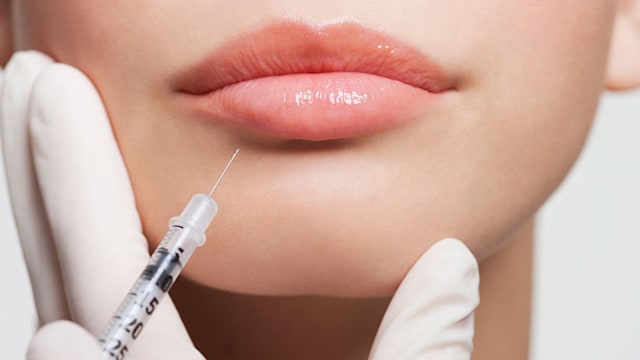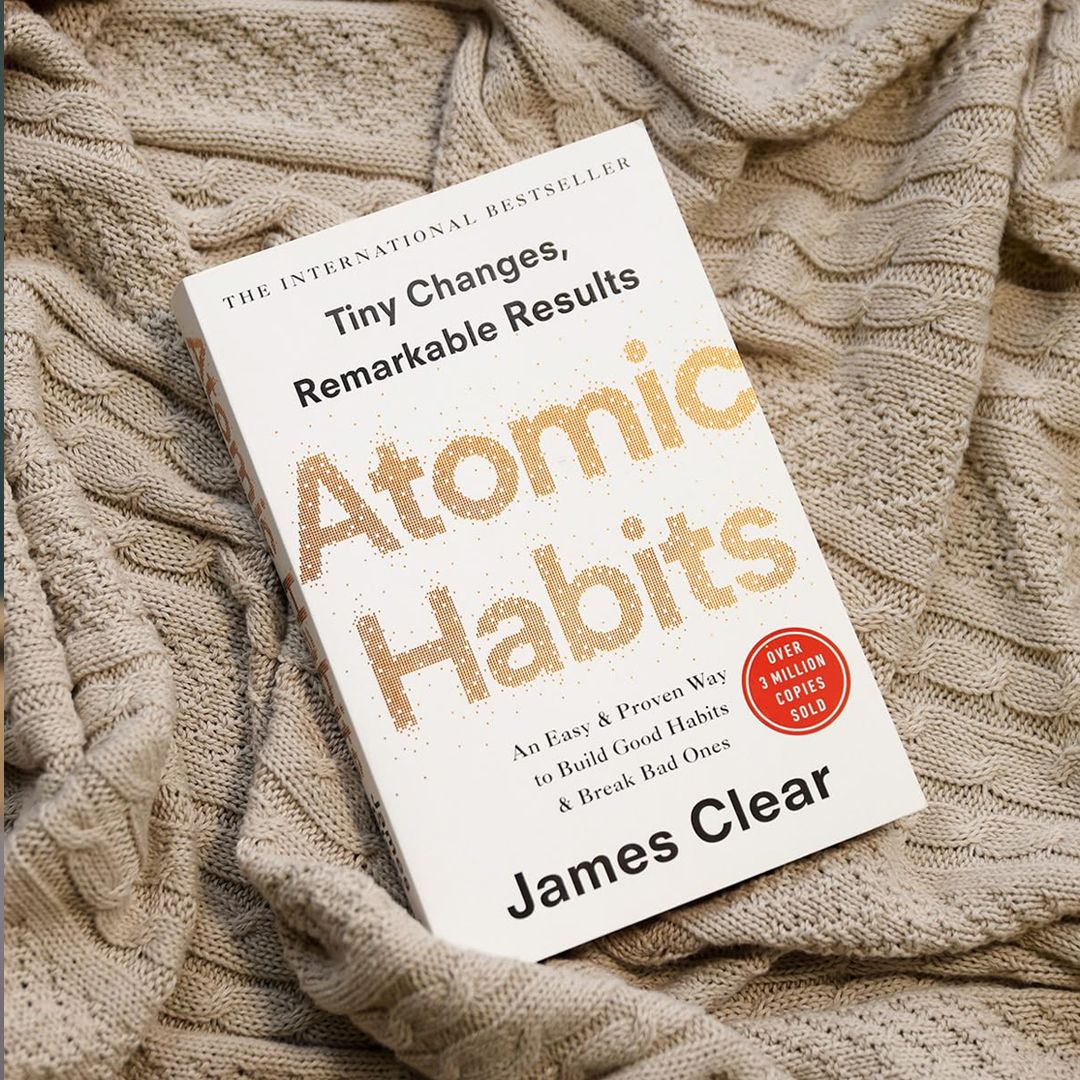As the use of filler and Botox becomes increasingly acceptable and commonplace, how do you know if the person wielding the needle is properly trained? A new industry body offers peace of mind – and HELLO! Beauty Editor Nadine Baggott investigates..
These days, it seems everyone is at it: a little baby Botox here; a sprinkling of filler there. And with celebrities finally coming clean about having these "minor procedures", they have become both acceptable and "normal". So much so that it is now a billion-pound industry, with non-surgical options like dermal fillers, Botox and laser hair removal accounting for nine out of ten cosmetic procedures in the UK.
Yet while cosmetic surgery is regulated in this country, certain non-surgical procedures are not subject to any controls. At present, filler is not licensed, which means anyone can administer it. In other words, a beauty therapist, hairdresser or other layperson – perhaps with minimal training – can buy the stuff on the Internet and set up a "clinic" at home. Botox is medically regulated but still people manage to get it illegally and inject it.
The Government is reluctant to step in to control what has become a booming industry, so if you are contemplating having one of these treatments it is vital to know who you can turn to for advice on how to do so safely.
After all, we have all probably seen or read of horror stories. "It's deeply disturbing that anyone can inject fillers and that Botox is not more closely monitored," says Dr Christian Jessen, GP and presenter of TV's Embarrassing Bodies and Supersize vs Superskinny. "As a physician who has covered on TV how aesthetic procedures can go wrong, it was clear to me that there is a desperate lack of regulation of this industry.
There's a culture of, ‘Everyone's getting it so it must be safe,' but we constantly hear stories of people setting up shop in their kitchen or going to parties and injecting people with God knows what. That's not great for anyone who practises aesthetic medicine."
In 2013 the Review of the Regulation of Cosmetic Interventions, chaired by NHS medical director Professor Sir Bruce Keogh, called for better regulation of the industry – including surgical and non-surgical procedures – better training and proper redress if things go wrong.
It also recommended the establishment of an independent body to assess and register fully trained medical aesthetic practitioners, but the Government has yet to put this in place. That is why the industry has stepped in, setting up Save Face, a voluntary regulatory body of accredited doctors, nurses and dentists who fulfil strict criteria.
Safe, impartial and accessible, Save Face covers Botox and fillers, lasers, radio frequency and IPL, sclerotherapy, chemical peels and cryolipolysis (using extremely low temperatures to destroy fat cells). It has the backing of Dr Christian, who's keen to help raise awareness of the register and encourage more aesthetic medical experts to join.
"Save Face is a decent organisation that vets people well and provides a site and phone line that people can turn to for reliable practitioners," he says. "And I should know; I was vetted by them and it's a very thorough process – from checking your medical qualifications and assessing your level of training to visiting your premises and clinic. They check hygiene and safety and assess work. It is an intense, thorough process – as it should be. And, importantly, they only register doctors, nurses and dentists.
Unlike BAAPS (the British Association of Aesthetic Plastic Surgeons) and BAPRAS (the British Association of Plastic, Reconstructive and Aesthetic Surgeons), who register and monitor all their cosmetic and reconstructive surgeons so that patients can find someone who's trained and licensed, there was no body for aesthetic doctors doing fillers, laser work and Botox. Given the damage untrained practitioners can do, that was of particular concern.
"I liken it to when you take your car to a garage and they say, ‘Oh, you need to change the thingamyjig,' and you reply, ‘If you say so,'" says Dr Christian. "You don't want that situation where your face or looks are concerned. You can go blind if someone injects filler into the wrong place and it ends up in a blood vessel, and you can look like you've had a stroke if someone wrongly injects Botox and it makes your muscles droop.
"Where aesthetic medicine is involved, there is a lot of trust, but there is also a lot of abuse of trust. Save Face is the start of a movement to raise standards, so hairdressers, beauty therapists and laypeople cannot be aesthetic practitioners. My hope is that, as it gets more recognition, it becomes an aesthetic practitioner equivalent of BAAPS. We want a situation where it'll become unusual and a red flag if an aesthetic practitioner is not registered with Save Face."
Key to achieving that aim is accessibility, says Ashton Honeyball, founder of Save Face. "Save Face offers a search engine of national aesthetic practitioners who have been audited based on clinical visits, so we have assessed them for use of safe products, a safe environment for treatment and clinical training."
She adds: "We want consumers to recognise that Save Face is the place to go to find a professional practitioner that they are safe with. Easy to navigate, you can search by location, treatment, what level of training – ie, a doctor, dentist or nurse – or even by consumer feedback. You no longer have to rely on advertising, which does not differentiate between properly trained experts and the unskilled and unqualified. With Save Face you are guaranteed a safe treatment, in a safe place, with a safe practitioner." Saveface.co.uk register is accredited by the Professional Standards Authority. It's recognised by the Government, the Department of Health and NHS England.









